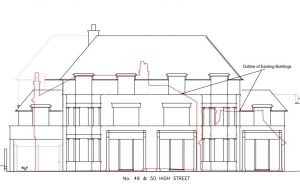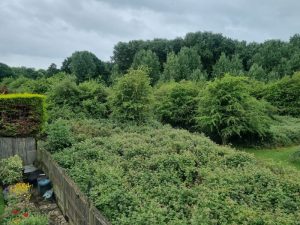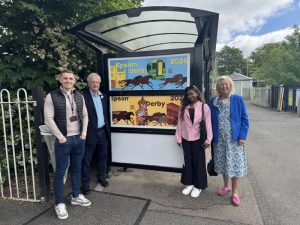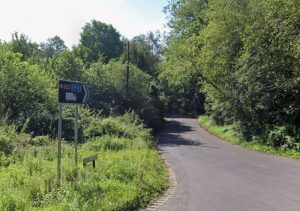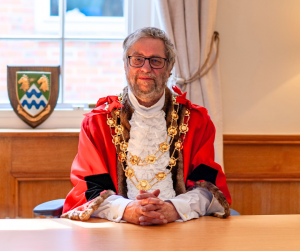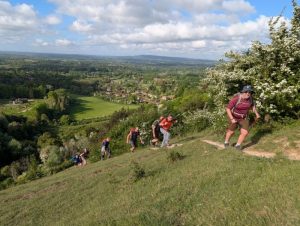Plans to redevelop part of a Surrey high street have been put forward.
Oxshott village store and post office and a former takeaway spot could be knocked down and transformed into a whole new high street development. The proposal features two large commercial spaces on the ground floor for residents, and nine apartments spread over the first and second floors.
“This is a significant opportunity to improve the character and appearance of this part of the High Street,” planning documents state. Details reveal the new building design will be traditional and reference the neo-classical/Georgian style houses which match the surrounding character of Oxshott.
For market sale, the property could consist of 6 one-bed and 3 two-bed flats in the heart of the high street. This reflects the most critical type of housing needed in Elmbridge borough and will help fill the gap between the existing shortfall, according to the planning statement.
Planning permission was previously granted on the site in October 2023 for a similar scheme to create five apartments. The new proposal seeks four extra homes to be added, as well as including additional land from The Victoria pub to the back of the site for an extra eight parking spaces.
Oxshott village store and post office, (No. 50 on the high street) is currently a two-story building at 8.52m. But under the proposed development plans the height would scale up to 12m tall rather than the 9.65m previously approved.
Only one person has objected to the scheme so far, claiming the new design is “overbearing and will adversely dominate the high street”. Concerns were also raised by residents in the comments’ section that the path would be obstructed during the demolition and development of the buildings and how construction would operate on the site.
Not the only part of the village’s high street to get a new look, the Heath buildings opposite to the village store and post office will also be redeveloped after planning permission was agreed in October 2024. The new Heath buildings will be 13.2m tall from the ridge.
Comments on the application are welcome on Elmbridge Borough Council’s website until July 4, with a target decision date for July 17.


